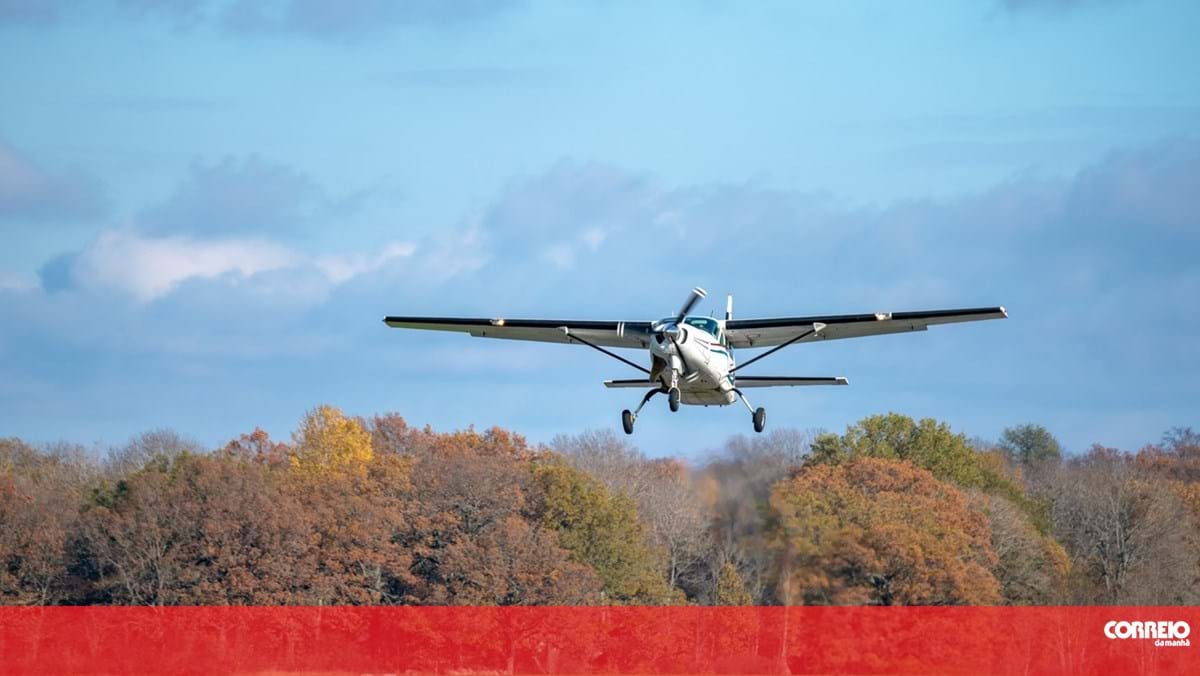Dozens of Portuguese have already been barred from boarding UK flights to spend Christmas in Portugal due to “lack of clarity” in the COVID-19 test rules and the strict use of airlines, some of the victims have complained.
From December 1, all passengers arriving by plane to Portugal will have to submit a negative test or recovery certificate to Covit-19, even if they have been vaccinated since the disaster situation was declared.
However, expensive and widely used antigen self-tests are no longer acceptable, and the rules do not make it clear that “laboratory testing” is now required.
Sarah Novas was among those who were prevented from boarding a Ryanair flight from London to Porto today.
After seeing reports on social media that antigen self-tests were not accepted, he decided to “probably” do a second test at a clinic, but this too was rejected, he told the Lusa news agency.
The certificate mentioned the “Floflex” brand, which the carrier’s employee said was “not strong enough”, arguing that it was preventing her from climbing.
“This is what Ryaner told me. Where is the information about that? When the employee who attended me went to talk to the supervisor to make sure, I showed the employee next to me and she said she did not see. Nothing bad in the test, so if I had attended with her, I would have done it.” He lamented.
“Flowflex” is a brand used by the free British Public Health Organization (NHS) self-examination, which is not valid for international travel.
As a solution, Novas said he would have to pay 100 pounds (118 euros) to change the plane later, pay 35 pounds (41 euros) for a new test at the airport and, like Daniel Stephen, thought to board. To Lisbon.
“The company did not accept the test I took at a clinic. At least 20 people on that flight could not board because of problems with the tests,” the Portuguese told Lusa.
Doubts have been raised in recent days among Portuguese groups about the type of trials required on social networks, which prevent people from traveling or being fined when they arrive in Portugal.
Others guarantee that they have traveled with self-antigen self-examination certificates and that they have no problems.
This method is popular because, on average, it costs half the cost of PCR tests and is very convenient: the person checks at home, photographs the result with a passport, and receives a certificate by email in a few hours.
Pedro Costa has been doing this in recent months on monthly trips to Portugal where his family is, but this time he was surprised by the alerts coming from social networks.
“I looked at the British government’s website, where self – tests were not accepted. I understand they may raise doubts. I did not regret it. But I paid more for the tests than for the ticket,” he commented.
Costa laments the “lack of clarity” in the information provided by Portuguese officials scattered on the ‘sites’ of Turismo de Portugal and the Foreign Ministry. MNE).
The British government twice this week renewed entry conditions for Portugal, making it clear on its ‘website’ that all tests must be carried out by trained health professionals and that “self-administered tests are not acceptable” to inform travelers. .
Various airlines acknowledge the status of the boarding ban, however they have refused to comment to Lusa, indicating accountability to Portuguese authorities.
Easyjet has been sending electronic SMS messages warning its passengers as a precaution that “self-tests will not be accepted”.
On Monday, the Ministry of Home Affairs (MAI) imposed fines on nearly 1,000 passengers and 35 airlines at Portuguese airports within the first 12 days of landing with a negative Covit-19 test or recovery certificate.
According to the MAI, 35 airlines were fined for carrying passengers without a negative Covit-19 test or recovery certificate, most of which were carrying people from Europe.
Airlines that carry passengers without a negative Covit-19 test can be fined between 20,000 and ,000 40,000 per passenger, as well as administrative offenses for failing to provide the check-in during passenger arrival, which can result in fines of up to 300 to 800.
Easyjet considers it “unnecessary” to require trials for vaccinated or recently recovered persons, and “completely unreasonable” to impose higher fines on carriers for non-compliance by passengers.
“This contradicts the European Commission’s recommendation that member states make a conciliatory decision, avoiding different restrictions from country to country and allowing vaccinated travelers free access to Europe,” he told Lusa.
The Portuguese mainland has been in a state of disaster since December 1 due to an increase in the number of Covit-19 cases and these boundary rules will remain in effect until January 9, 2022.

“Total creator. Devoted tv fanatic. Communicator. Evil pop culture buff. Social media advocate.”

